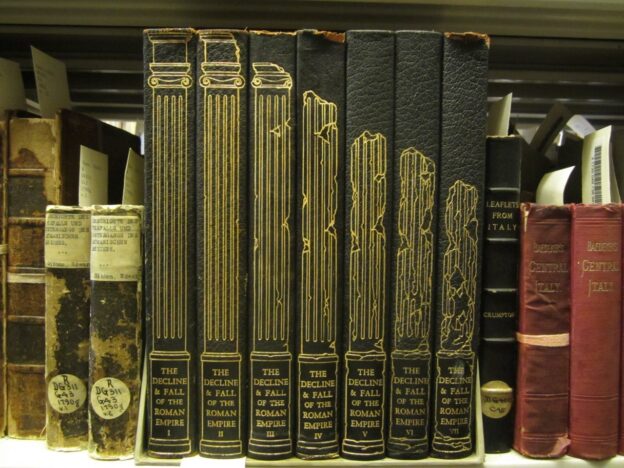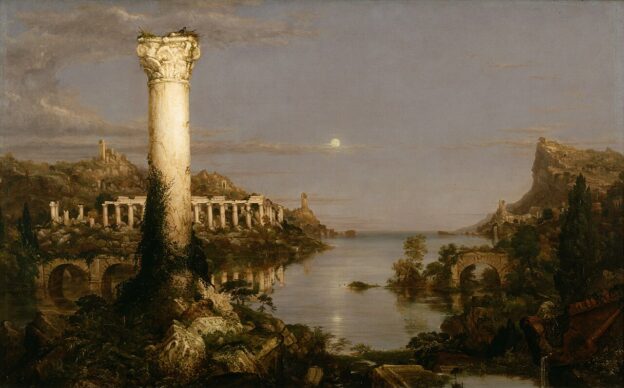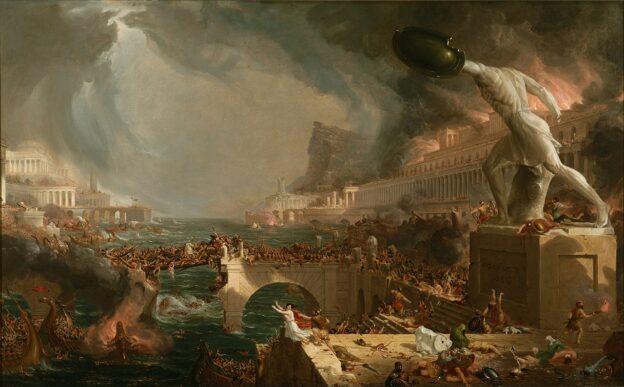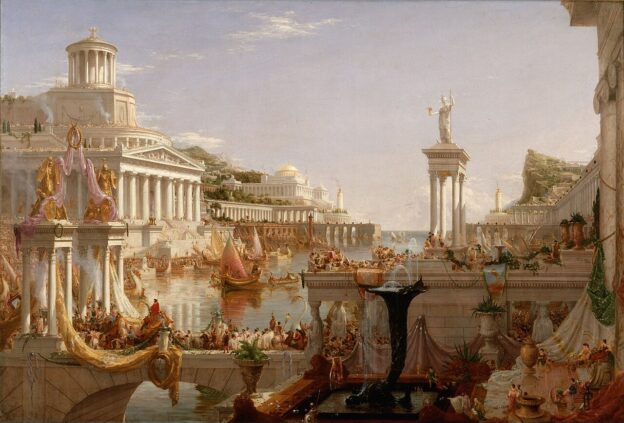Edward Gibbon’s magnum opus, “The Decline and Fall of the Roman Empire,” published between 1776 and 1788, represents a pivotal moment in the evolution of historiographical tradition. As a cornerstone of Western historical writing, this monumental work not only chronicles the Roman Empire’s trajectory but also embodies the Enlightenment’s intellectual ideals. This essay will explore Gibbon’s methodological approach, his engagement with primary sources, and his lasting impact on historical scholarship.
Continue reading





